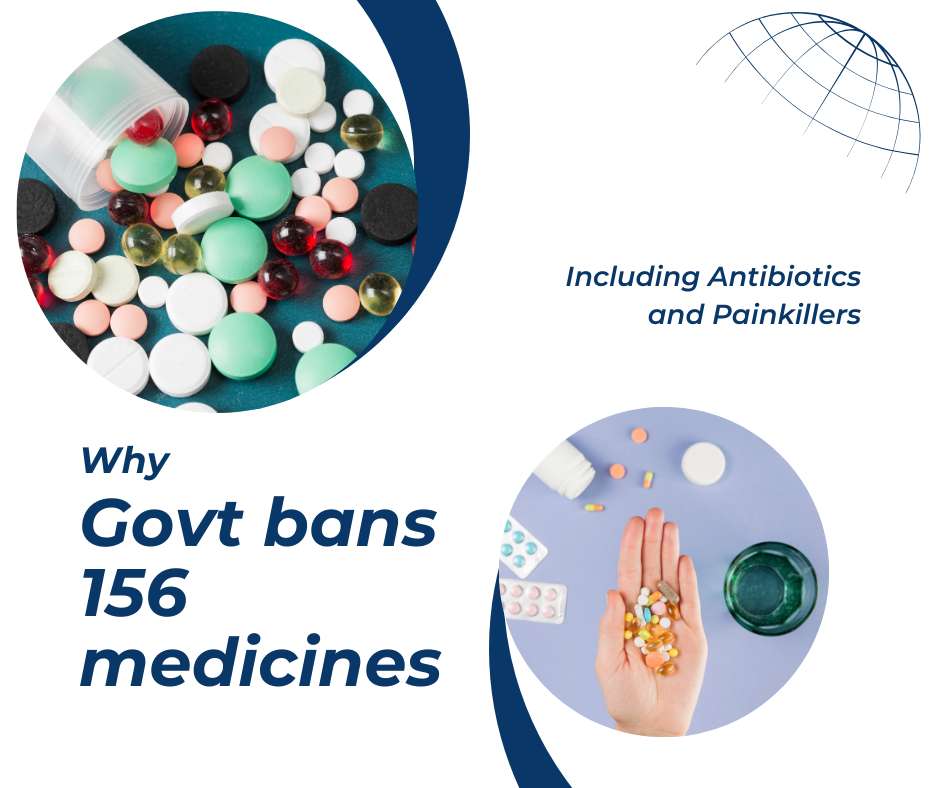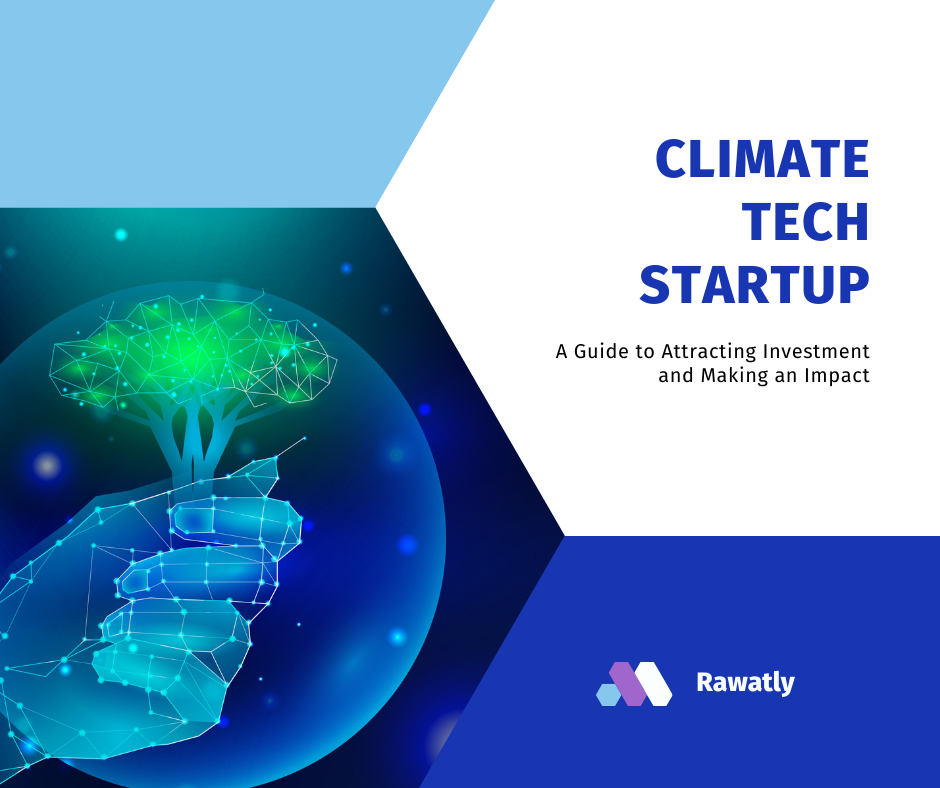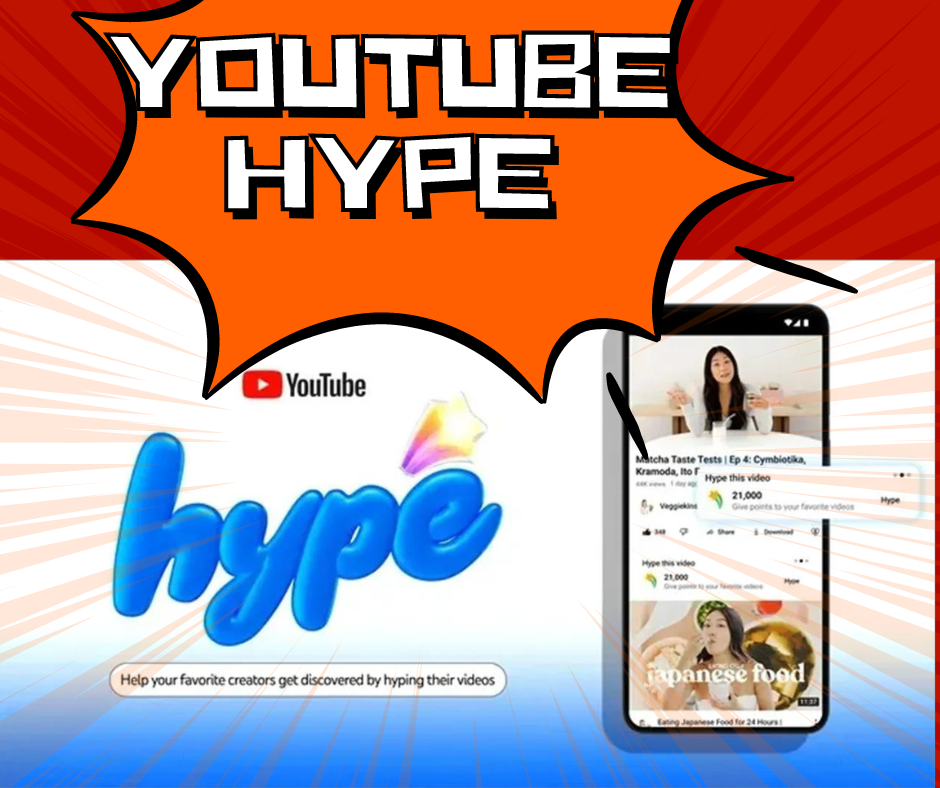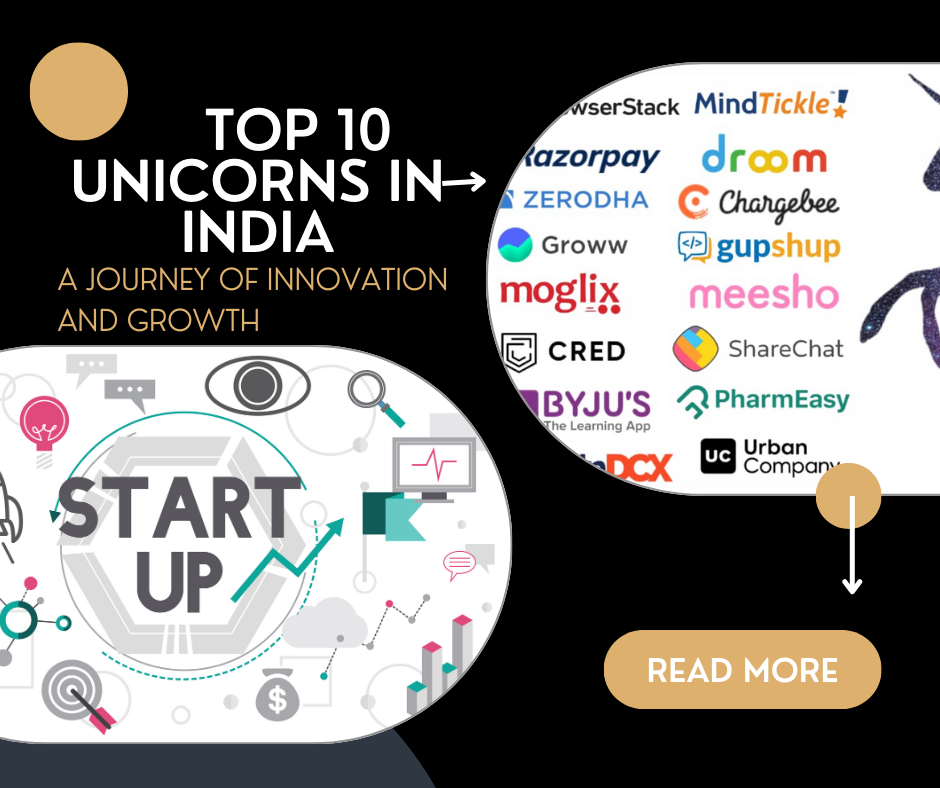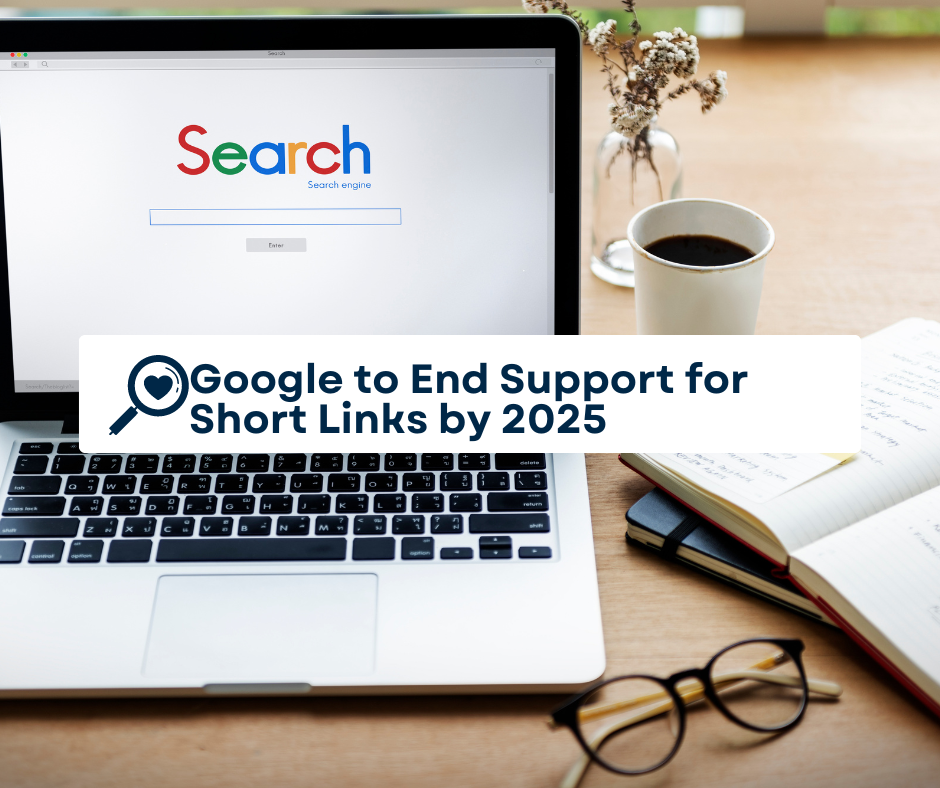
Google Sunsets URL Shortening Service, Impacting Millions of Websites and Online Platforms
In a move that will significantly impact the digital ecosystem, Google has announced that it will be phasing out support for its popular URL shortening service by August 2025 (1). This decision, which comes as part of the tech giant’s broader strategy to streamline its product offerings, will force millions of websites, social media platforms, and other online services to adapt to the impending change.
The Google URL shortener, commonly known as goo.gl, has been a staple tool for businesses, content creators, and social media users since its launch in 2009. The service allowed users to convert long, cumbersome URLs into compact, shareable links, making them more suitable for platforms with character limits, such as Twitter, and more visually appealing in various online contexts.

Why is Google Ending the URL Shortener Service?
Google’s decision to discontinue the URL shortener service is primarily driven by the evolving landscape of the internet and the changing needs of its users. The company cites the growing popularity of alternative URL shortening solutions, such as Bitly, TinyURL, and custom branded short links, as a key factor in its decision.
“As the web and our users’ needs have evolved, we’ve seen a decline in the use of the goo.gl URL shortener,” the company stated in its announcement. “To simplify our product portfolio and focus on other services, we will be retiring the goo.gl URL shortener.”
This move aligns with Google’s broader strategy of streamlining its product offerings and focusing on its core services, such as Search, Ads, and Cloud. By sunsetting the URL shortener, the tech giant aims to allocate more resources towards developing and improving these key platforms.
Who Will Be Affected by the Goo.gl Shutdown?
The impending shutdown of the Google URL shortener will have a significant impact on a wide range of users and online platforms, including:
- Businesses and Marketers: Companies that have relied on goo.gl to shorten links for their websites, social media campaigns, email newsletters, and other digital marketing efforts will need to find alternative solutions.
- Content Creators and Influencers: Bloggers, YouTubers, and social media influencers who have used goo.gl to create short links for their content will need to transition to other URL shortening services.
- Social Media Platforms: Many social media networks, including Twitter, Facebook, and LinkedIn, have integrated goo.gl short links into their platforms. These services will need to adapt to the change and potentially explore other URL shortening options.
- Online Applications and Services: Various web-based tools, apps, and services that have leveraged goo.gl short links, such as URL tracking and analytics platforms, will need to update their integrations and user experiences.
- Existing goo.gl Link Owners: Individuals and organizations that have already created goo.gl short links will need to migrate their existing links to alternative services before the August 2025 shutdown.
What Should You Do to Prepare for the Goo.gl Shutdown?
As the August 2025 deadline for the Google URL shortener’s retirement approaches, it’s crucial for affected individuals and organizations to take proactive steps to ensure a seamless transition. Here’s what you should do:
- Identify and Audit Your Goo.gl Links: Begin by conducting a comprehensive audit of your website, marketing materials, social media profiles, and any other online platforms to identify all the goo.gl short links you currently use. This will help you understand the full scope of the impact and plan your migration strategy accordingly.
- Migrate to Alternative URL Shortening Services: Research and evaluate alternative URL shortening solutions, such as Bitly, TinyURL, or custom branded short links, that best fit your needs. Consider factors like link customization, analytics, integrations, and pricing to make an informed decision.
- Update Your Existing Short Links: Once you’ve chosen your new URL shortening service, you’ll need to migrate all your existing goo.gl links to the new platform. This may involve manually updating links in your content, marketing campaigns, and any integrated applications or services.
- Communicate the Change to Your Audience: Inform your customers, clients, or followers about the upcoming change and the new short link format. This will help minimize confusion and ensure a seamless transition for your audience.
- Develop a Redirect Strategy: Plan a strategy to seamlessly redirect users from your existing goo.gl links to the new short links. This can be achieved by setting up appropriate redirects on your web server or within the new URL shortening service.
- Monitor and Optimize Your Short Links: Regularly review the performance of your new short links, monitor for any issues, and optimize your linking strategy as needed. This will help you maintain the effectiveness of your digital content and marketing efforts.
Also Read– Google and Meta May Soon Have to Pay for Indian News Content
The Broader Implications of the Goo.gl Shutdown
The retirement of the Google URL shortener service goes beyond the immediate impact on individual users and organizations. It also highlights the broader implications of relying on third-party services for critical aspects of your online presence and digital strategy.
“This decision serves as a reminder that businesses and individuals should avoid over-dependence on any single platform or service, as changes in their policies or offerings can significantly disrupt their operations,” says digital marketing expert, Sarah Johnson.
The goo.gl shutdown underscores the importance of diversifying your digital toolset, maintaining control over your content and assets, and having a contingency plan in place to adapt to unexpected changes in the online landscape.
Embracing the Change and Seizing New Opportunities
While the upcoming goo.gl shutdown may initially seem like a daunting challenge, it also presents an opportunity for businesses and individuals to reevaluate their digital strategies and explore new ways to optimize their online presence.
“This transition can be a catalyst for organizations to revisit their linking practices, explore more customized and branded short links, and potentially enhance their overall digital marketing efforts,” says digital strategist, Michael Chen.
By proactively addressing the goo.gl retirement and embracing alternative URL shortening solutions, users can not only maintain the functionality of their online content but also potentially discover new ways to enhance their brand visibility, audience engagement, and data-driven decision-making.
As the August 2025 deadline approaches, it’s crucial for affected individuals and organizations to stay informed, plan their migration strategy, and seize the opportunity to optimize their digital presence in the evolving online ecosystem.

